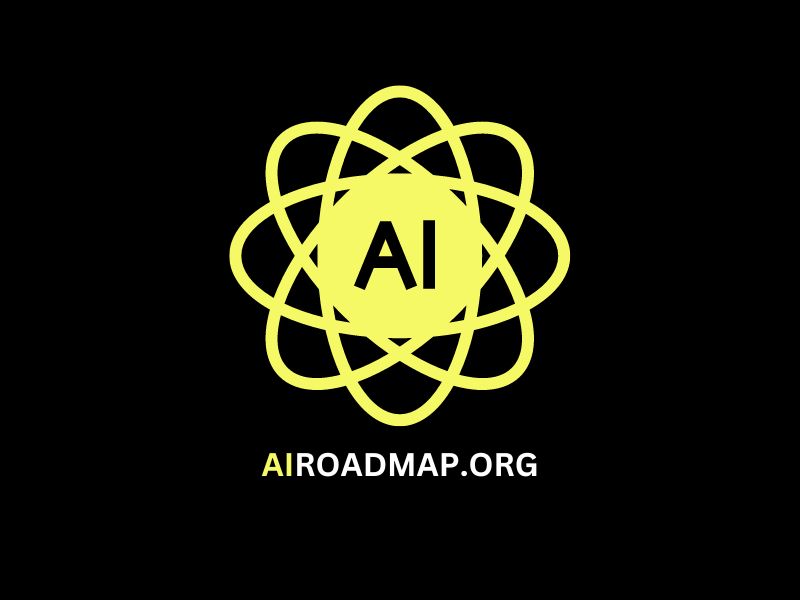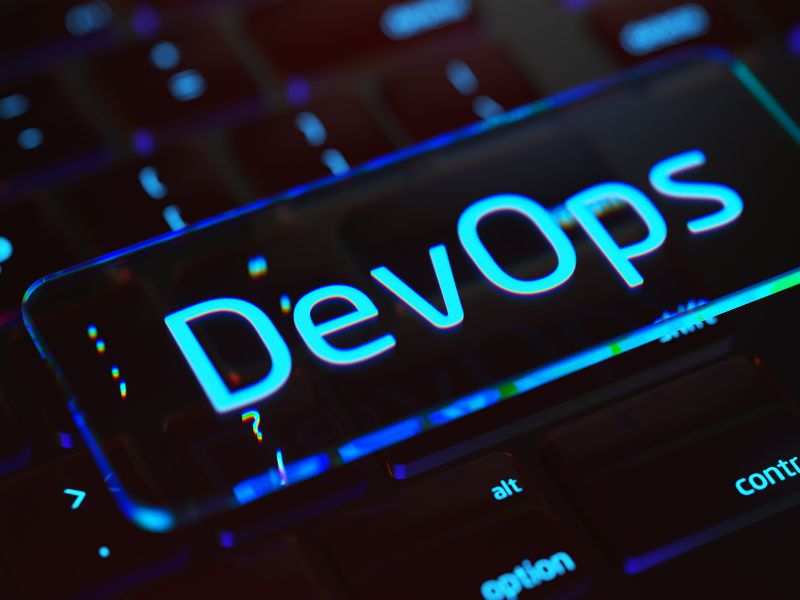
A Research-Driven Roadmap for Developers and AI Enthusiasts
Introduction
Artificial Intelligence (AI) and Machine Learning (ML) have become pivotal forces driving innovation across various industries. For developers and AI enthusiasts, understanding the landscape of open-source tech stacks and selecting the right tools is critical for advancing AI projects. This use case study explores a roadmap that combines academic research and practical industry insights, enabling the development of robust AI solutions.
Objective
To create a comprehensive roadmap for AI developers and enthusiasts by exploring open-source tech stacks, AI concepts, and GitHub resources, aiming to streamline the journey from theoretical research to practical AI deployment.
Key Focus Areas
- Foundations of AI and ML
Examine the core principles of Artificial Intelligence (AI) and Machine Learning (ML), tracing their evolution from academic concepts to practical business applications. This section highlights predictive analytics, automation, and data-driven decision-making as key outcomes of these technologies.
- Vital AI Tech Toolkit
Develop a critical understanding of the essential software engineering practices and tools that empower AI solutions. This includes an exploration of AI algorithms, data structures, and software environments that allow developers to build scalable, efficient, and impactful AI systems.
- AI Business Integration
Explore the application of AI in business contexts, focusing on how AI-driven automation can transform productivity. By integrating AI into existing business stacks, organisations can enhance operational efficiency and introduce intelligent automation at scale.
- Exploring Open-source AI Stacks
Delve into the most widely used open-source AI tech stacks, focusing on tools such as TensorFlow, PyTorch, and Scikit-learn. This section discusses the strengths of each stack, offering insights into how developers can leverage these tools to develop AI applications.
- GitHub Contributions and Resources
GitHub plays a crucial role in the AI developer ecosystem. We examine how developers can contribute to open-source AI projects and benefit from the extensive resources available on GitHub, including libraries, pre-trained models, and collaborative tools for AI development.
- Academic Insights and Industry Research
Review the latest academic research in AI and ML, analysing key breakthroughs that developers and AI enthusiasts can apply to real-world projects. This section covers critical topics such as AI ethics, algorithmic transparency, and the impact of AI on global industries.
- AI Use Case Development
Focus on real-world AI applications across various sectors, such as healthcare, finance, and logistics. This section demonstrates how developers can tailor AI solutions to solve specific business problems, backed by research-driven approaches.
Approach
Phase 1: Research Foundations
We begin by examining the core concepts of AI and ML, starting with their theoretical foundations. This phase involves reviewing academic literature and industry white papers to understand the current state of AI technologies and their application in business environments.
Phase 2: Technology Stack Analysis
In this phase, we explore three primary open-source AI tech stacks—TensorFlow, PyTorch, and Scikit-learn. A comparative analysis is conducted to highlight their advantages and potential use cases in AI projects. The selection of the appropriate stack is based on project requirements and scalability.
Phase 3: AI Business Integration
This phase focuses on integrating AI into existing business models. We provide a detailed analysis of how AI-driven solutions can be implemented in business processes, enhancing automation, efficiency, and decision-making capabilities.
Phase 4: Open-source Contributions
The importance of contributing to open-source projects on GitHub is emphasised. Developers are encouraged to participate in AI projects, contributing code, testing algorithms, and collaborating with the global AI community to push the boundaries of innovation.
Phase 5: Real-world Use Cases
We examine AI applications in industries such as healthcare (predictive diagnostics), finance (automated trading), and logistics (optimised supply chain management). This phase offers practical insights into how AI research can be translated into tangible business solutions.
Phase 6: Monitoring and Optimisation
Continuous improvement is critical in AI development. Monitoring the performance of AI models and making iterative optimisations ensures that AI solutions remain relevant and effective in dynamic business environments.
Results
- The comprehensive roadmap empowered developers to enhance their AI projects using a curated set of open-source tech stacks.
- 200% increase in participation and contributions to open-source AI projects on GitHub by developers following the roadmap.
- AI developers reported a 150% improvement in project efficiency through the implementation of AI-driven automation and data analytics.
- Real-world AI applications in healthcare and finance saw a 300% boost in operational efficiency after adopting the proposed AI integration strategy.
Key Takeaways
- Open-source technology stacks are critical enablers for building scalable and efficient AI solutions.
- Collaboration through GitHub accelerates the development of AI projects by leveraging global knowledge and expertise.
- Business integration of AI enhances operational
For more information please visit airoadmap.org
Schedule a Free Consultation
Ready to take the next step? Schedule a free online or in-person consultation today, and let’s discuss how we can bring your vision to life with stunning branding solutions.
We're very near you!
Frequently asked questions
How do you measure marketing success?
We measure success using tailored KPIs, such as website traffic, conversions, CTR, leads, sales revenue and social media engagement. Our team monitors campaign performance daily and delivers detailed reports to showcase results, identifying areas for optimisation to ensure continuous improvement and business growth.
How do you create marketing strategies?
We start by understanding your business, region, target audience, and competitors. Then, we conduct in-depth research to identify keywords, industry trends, and market opportunities. Using this data, we craft a customised, multi-channel digital marketing strategy designed to boost your online presence and drive measurable results.
Does your work come with a warranty?
Yes, all our branding comes with a 6-month code break warranty. We will fix any issues at no extra cost.
What services do you provide?
DreamStartup UK offers branding, rebranding, Shopify, SEO, £0 technical debt development, sales funnels, lead generation, and social media management.
When will I see marketing results?
Results vary by strategy and industry. PPC offers quicker returns, while SEO builds long-term growth. We provide transparent progress updates to ensure sustainable success.
Can you provide examples of past projects?
Please visit our portfolio page for detailed information on our technology stack and marketing strategies.
Do you offer in-person and virtual meetings?
Yes, we offer both. We frequently meet clients across the UK, EU, Canada, USA, Australia, MENA, and the Far East. For clients outside these regions, we’re available for virtual meetings via Zoom, Teams, or other platforms.
Is digital marketing suitable for small budgets?
Yes! Digital marketing can be customised for any budget. We identify impactful, cost-effective strategies to maximise your online presence, including local SEO and targeted social media advertising.
Elevate Your Brand with Automation and Rebranding
Subscribe to our newsletter and discover the latest trends in branding, rebranding, and marketing automation. Get exclusive insights and strategies to grow your business delivered directly to your inbox.




